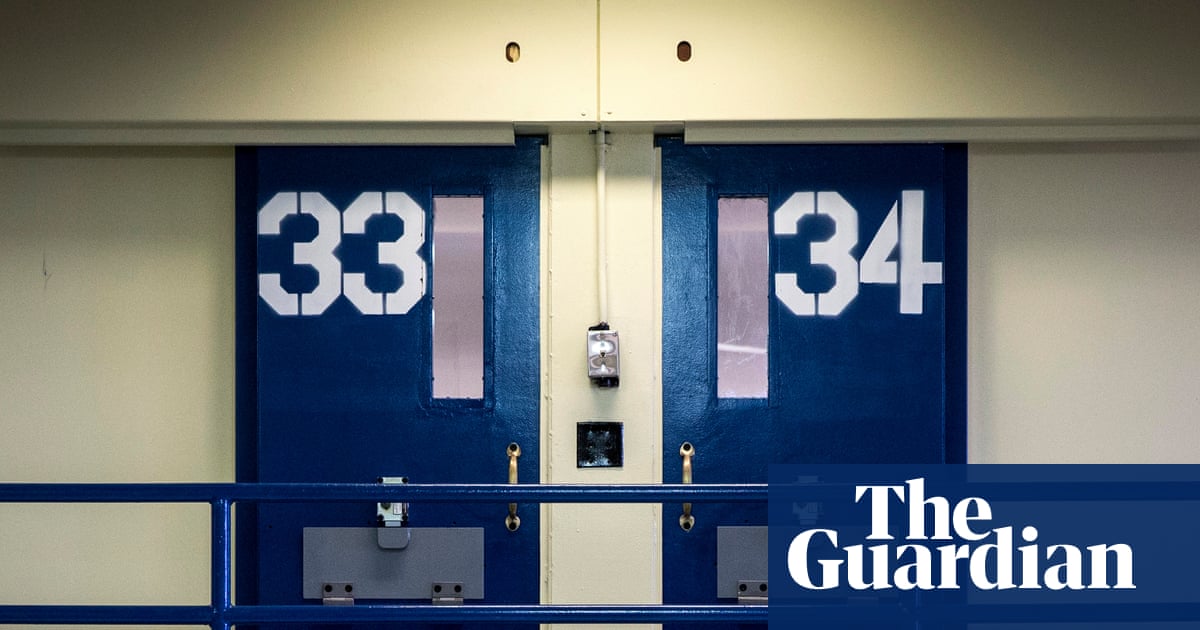
The Growing Concerns in Private Prison Healthcare
Private prison healthcare providers like Wellpath and Corizon have been under the microscope for years due to allegations of medical neglect. From preventable deaths to neglect of basic inmate health needs, these companies face repeated scrutiny while continuing to manage multi-billion-dollar contracts with jails and detention centers. Let’s dive into the alarming realities of this $9.3 billion industry and its impact on some of society’s most vulnerable individuals.
The Human Cost of Neglect
In one tragic case, the death of a 57-year-old inmate referred to as CF in a Santa Barbara County Jail highlights the system’s failures. After complaining of intense abdominal pain, she was misdiagnosed and denied appropriate care. Days later, her condition worsened, and she passed away in agony—a death that investigators deemed preventable with timely medical intervention.
Such incidents are not isolated. Investigations reveal systemic issues such as inadequate staffing, delayed care, and improper diagnostic practices. These issues have led to life-threatening situations and even fatal outcomes for individuals incarcerated across the United States.
The Business of Private Equity in Healthcare
Backed by private equity firms, companies like Wellpath and Corizon have faced legal challenges from the Department of Justice and various state investigations. Despite mounting lawsuits and liabilities—including hundreds of wrongful death and malpractice suits—these companies have found ways to maintain their dominance in the industry.
One strategy involves aggressively cutting costs, often at the expense of quality care. Experts argue that the financial model, which charges facilities a fixed rate per inmate per day, incentivizes minimal spending on patient care. This approach not only compromises the quality of treatment but also accelerates civil rights violations, such as inadequate services for inmates in mental health crises.
From Lawsuits to Bankruptcy
Both Corizon and Wellpath recently filed for bankruptcy while continuing to operate. Corizon, for example, used the controversial “Texas two-step” maneuver to limit its liabilities while preserving assets. Although such tactics have drawn criticism from lawmakers, including Senator Elizabeth Warren, the companies continue to win contracts with prisons and jails nationwide.
The lack of competition in prison healthcare ensures that even companies with documented failures remain essential players. This “captive market” dynamic highlights the urgent need for reform within the industry.
Improving Accountability and Standards
Advocates argue for increased oversight and regulatory changes that prioritize inmate health over corporate profits. Strengthening inmates’ ability to sue for negligence—by revisiting laws like the 1996 Prison Litigation Reform Act—could also encourage better practices. Until significant changes are enacted, the cycle of neglect and avoidable harm is likely to continue.
Support Solutions for Wellness
Although reform is needed from a systemic perspective, individuals can still inspire positive change by supporting health and wellness initiatives. For instance, high-quality wellness products like the Cetaphil Soothing Cream can bring comfort to those with minor skin issues—even in challenging environments where skincare tends to be neglected. Explore more about this product to promote accessible self-care solutions.
Addressing the private prison healthcare crisis is not just about holding companies accountable—it’s about ensuring dignity, respect, and adequate care for all individuals, no matter their circumstances.




